Supporting a safer future with public health
We’re partnering on 3 initiatives to strengthen public health in the United States.
A strong public health system promotes and protects the health of people and the communities in which they live, work, and play.
A strong public health system is vital to improving health equity and responding to public health emergencies.
During the COVID-19 pandemic, we’ve seen what can be accomplished when public, private, for-profit, and nonprofit organizations come together to protect and improve the health of communities.
The pandemic, however, also exposed significant, long-standing gaps in our nation’s public health system. These include an underfunded and patchwork infrastructure, a rapidly diminishing workforce, and growing distrust of health institutions.
“We believe the health care industry must come together to write a playbook with our public health partners to make our system more resilient and responsive to the needs of our communities,” said Greg A. Adams, chair and chief executive officer for Kaiser Permanente. “We must work together; we must define our mutual roles; and we must ensure that the public health system will be fully successful in its mission to improve the health and well-being of all people.”
Investing in public health: A coordinated approach
Kaiser Permanente joined national leaders across the health care, public health, academic research, and nonprofit sectors to outline what can be done to bolster the public health system, recognizing the vital role it plays in our nation’s health care ecosystem. The result is a shared public health agenda, focused on 3 critical areas:
- Public health and health care delivery: We’re working in collaboration with AHIP, the Alliance of Community Health Plans, the American Hospital Association, and the American Medical Association to ensure that our nation’s health care and public health systems have the tools, knowledge, and working relationships needed to respond together effectively in the event of a crisis.
- Public health and community-based organizations: Community organizations provide essential services to communities. They play a critical role in ensuring that community voices and needs guide public health responses. We’re working with the CDC Foundation to identify and disseminate best practices for making and maintaining connections between public health agencies and community organizations. Improved partnerships will ensure people receive better resources and better care.
- Public health and research: Our nation urgently needs better data on the impact and effectiveness of public health services. We’re supporting AcademyHealth as it develops a new public health research agenda to improve the evidence base on how best to deliver public health services. Our goal is also to find and secure investments to build research and innovation that will optimize our public health system.
“Kaiser Permanente is proud to stand and lead with other health care organizations to promote our country’s resilience and help prepare for future health emergencies,” said Adams.
Investing in the resilience of our public health system is critical to promoting health equity and helping to maintain the health and well-being of our communities.
“We saw the toll that COVID-19 took on our health system and our communities. It’s urgent that we take steps now to better protect ourselves in the future,” said Bechara Choucair, MD, senior vice president and chief health officer at Kaiser Permanente. “Our communities have the best chance at achieving good health when our health ecosystem — including hospitals, public health institutions, and community-based organizations —work together. I’m very excited that Kaiser Permanente is doing its part to build support for a more robust public health infrastructure.”
-
Social Share
- Share Supporting a Safer Future with Public Health on Pinterest
- Share Supporting a Safer Future with Public Health on LinkedIn
- Share Supporting a Safer Future with Public Health on Twitter
- Share Supporting a Safer Future with Public Health on Facebook
- Print Supporting a Safer Future with Public Health
- Email Supporting a Safer Future with Public Health
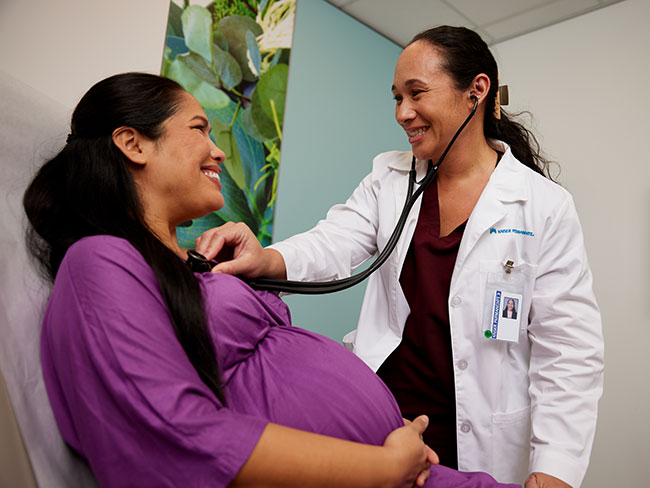
May 9, 2025
Kaiser Permanente and Risant Health Q1 2025 financial update
Mission-focused health care system provides high-quality, affordable care …

March 27, 2025
We’re committed to mentorship, mental health, and communities
Kaiser Permanente awarded Elevate Your G.A.M.E. a grant to expand program …

March 25, 2025
AI in health care: 7 principles of responsible use
These guidelines ensure we use artificial intelligence tools that are safe …
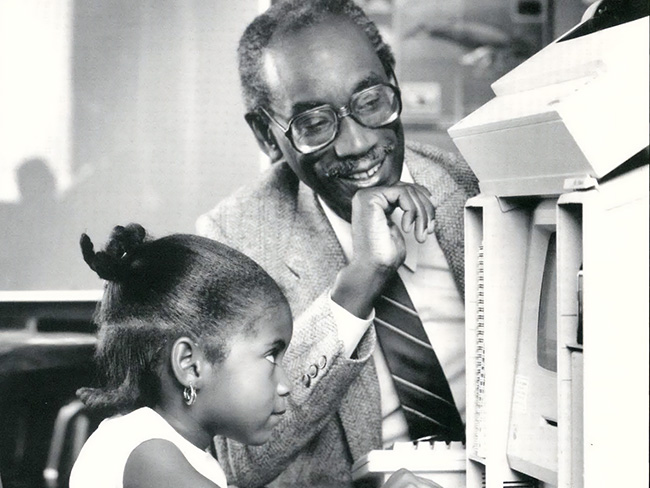
March 17, 2025
Remembering Bill Coggins and his lasting legacy
The founder of the Kaiser Permanente Watts Counseling and Learning Center …
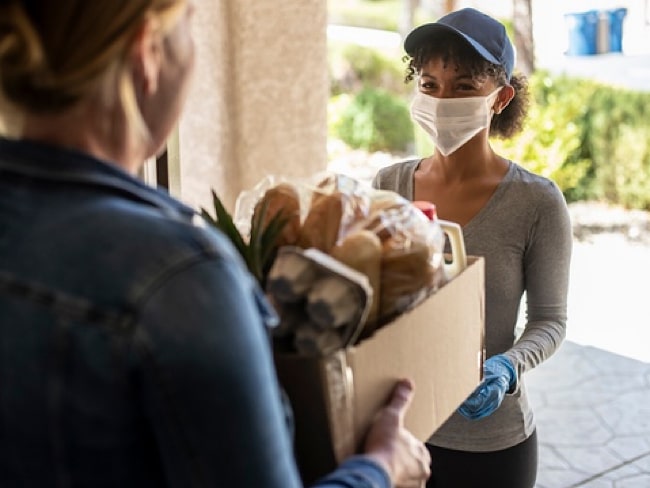
January 15, 2025
Why the U.S. needs more community health workers
With the right strategies and public policies, we can strengthen our nation’s …
January 1, 2025
Kaiser Permanente’s 2025 Rose Parade® float wins Wrigley Legacy Award
“More Healthy Days for More Healthy Years” float is recognized for most …

December 26, 2024
Linking isolated communities to care
A collaborative partnership, powered by trusted nonprofit partners, brings …

November 11, 2024
Medicare telehealth flexibilities should be here to stay
We urge Congress to extend policies that have improved access to care and …
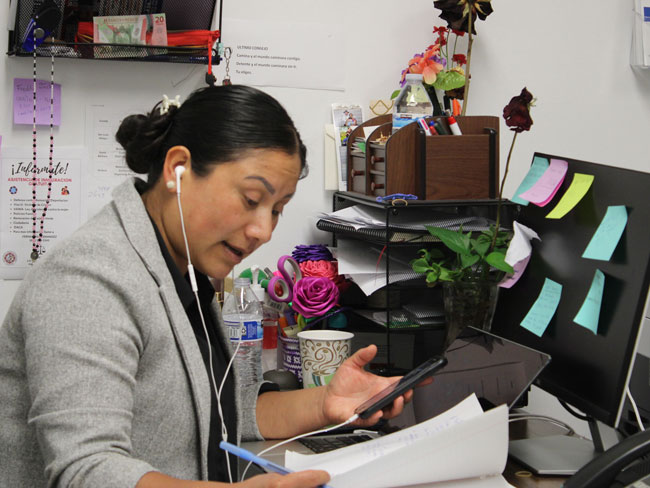
November 11, 2024
Health care coverage now accessible to uninsured people
Indigenous farmworkers may qualify for new Kaiser Permanente coverage.

November 8, 2024
Kaiser Foundation Health Plan and Hospitals Q3 2024 financial update
The nation’s leading value-based health care enterprise provided high-quality, …

November 6, 2024
A best place to work for veterans
As a 2024 top Military Friendly Employer, Kaiser Permanente supports veterans …

October 15, 2024
Our dedication to fostering well-being and equity
The 2023 Kaiser Permanente Southern California Community Health County …

September 16, 2024
Voting affects the health of our communities
In honor of National Voter Registration Day, we encourage everyone who …

August 26, 2024
We honor and celebrate our workforce this Labor Day
Our people are the heart of Kaiser Permanente.

August 9, 2024
Kaiser Foundation Health Plan and Hospitals Q2 2024 financial update
The not-for-profit organization continued its mission of high-quality, …

July 16, 2024
Teacher residency program improves retention and diversity
A $1.5 million Kaiser Permanente grant addresses Colorado teacher shortage …

June 19, 2024
Investments in Black community promote total health for all
Funding from Kaiser Permanente in Washington helps to promote mental health, …

May 10, 2024
Kaiser Foundation Health Plan and Hospitals Q1 2024 financial update
The not-for-profit, integrated organization continued to provide affordable, …

May 7, 2024
Can the badly broken prescription drug market be fixed?
Prescription drugs are unaffordable for millions of people. With the right …

April 12, 2024
It’s time to address America’s Black maternal health crisis
Health care leaders and policymakers should each play their part to help …

April 8, 2024
Martin Luther King Jr.’s dream is alive at Kaiser Permanente
Greg A. Adams, chair and chief executive officer of Kaiser Permanente, …

March 18, 2024
Program helps member prioritize her health
Medical Financial Assistance program supports access to health care.

March 6, 2024
Former employee honored for supporting South LA families
Bill Coggins, who founded the Kaiser Permanente Watts Counseling and Learning …
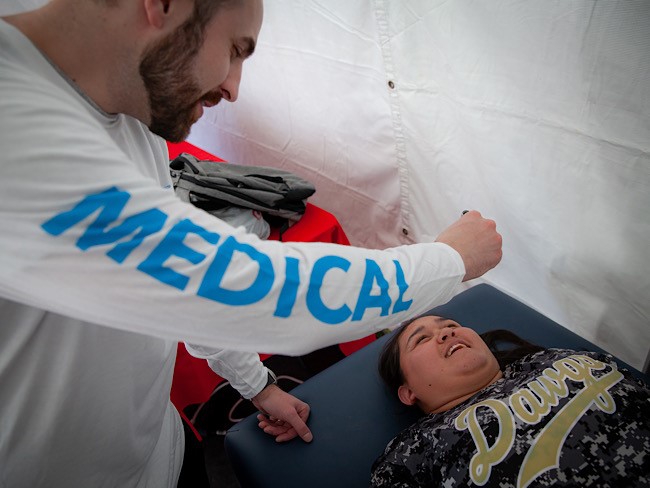
March 4, 2024
Taking care of Special Olympics athletes
Kaiser Permanente physicians and medical students provide medical exams …

February 27, 2024
Addressing hunger and nutrition to improve health
In alignment with the White House, Kaiser Permanente continues its work …

February 2, 2024
Expanding medical, social, and educational services in Watts
Kaiser Permanente opens medical offices and a new home for the Watts Counseling …

December 20, 2023
Championing inclusivity at the Fall Games
Kaiser Permanente celebrates inclusion at Special Olympics Southern California …

December 7, 2023
Safe, secure housing is a must for health
We offer housing-related legal help to prevent evictions and remove barriers …

December 6, 2023
Leaders named among health care’s most influential
Greg A. Adams; Maria Ansari, MD, FACC; and Ramin Davidoff, MD, have been …

December 6, 2023
Solid foundation: How construction careers support health
Steady employment can improve a person's health and well-being. Our new …

November 3, 2023
Kaiser Foundation Health Plan and Hospitals Q3 2023 financials
The nonprofit organization continued to deliver on its mission of high-quality, …

November 1, 2023
Meet our 2023 to 2024 public health fellows
To help develop talented, diverse community leaders, Kaiser Permanente …

October 19, 2023
Pathways out of homelessness
Season 3 of “The Way Home” documentary series, created with support from …

September 22, 2023
New Health Plan leadership announced
Brandon Cuevas has been named EVP for Kaiser Foundation Health Plan, and …
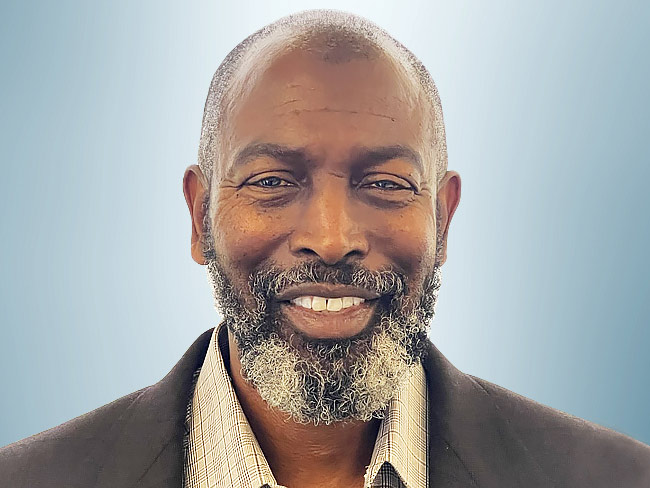
September 21, 2023
Greg Holmes appointed chief human resources officer
He has served as senior vice president, Total Rewards and Performance, …

August 15, 2023
'Hot-spot' strategy gets more Californians vaccinated
A new location-based vaccine strategy by Kaiser Permanente was successful …

August 10, 2023
Highlighting our community health work in Southern California
The Kaiser Permanente Southern California 2022 Community Health Snapshot …

August 4, 2023
Kaiser Foundation Health Plan and Hospitals Q2 2023 financials
Ongoing efforts to improve financial performance support the nonprofit …

August 2, 2023
Social health resources are just a click or call away
The Kaiser Permanente Community Support Hub can help members find community …

June 30, 2023
Our response to Supreme Court ruling on LGBTQIA+ protections
Kaiser Permanente addresses the Supreme Court decision on LGBTQIA+ protections …

June 29, 2023
Our response to Supreme Court's ruling on affirmative action
Kaiser Permanente addresses the Supreme Court decision on affirmative action …

June 29, 2023
Special Olympics athletes go for the gold
Kaiser Permanente celebrated its sixth year as official health partner …

June 14, 2023
Honored for commitment to people with disabilities
The Achievable Foundation recognized Kaiser Permanente for its work to …

June 7, 2023
Engaging businesses for action on climate and health equity
New climate collaborative with BSR announced at joint Kaiser Permanente …

May 22, 2023
Investing and partnering to build healthier communities
Kaiser Permanente supports Asian Americans Advancing Justice to promote …

May 10, 2023
A workplace for all
We value and respect employees and physicians of all backgrounds, identities, …

May 10, 2023
Equity, inclusion, and diversity
We strive for equity and inclusion for all.
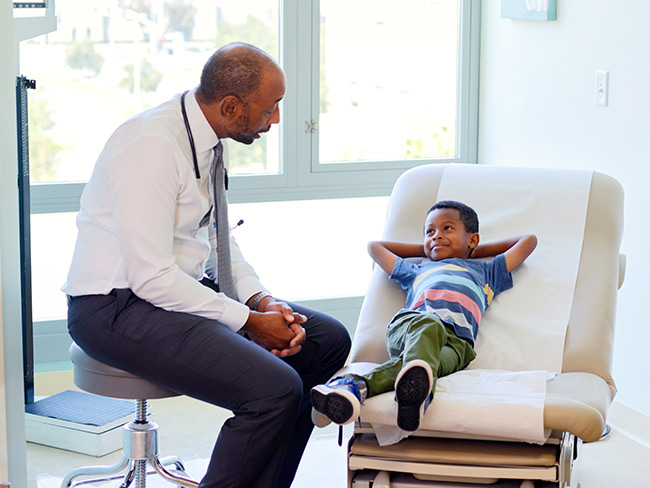
May 5, 2023
Kaiser Foundation Health Plan and Hospitals Q1 2023 financials
The nonprofit organization delivered on its mission of high-quality, affordable …

May 2, 2023
Women lead an industrial revolution at the Kaiser Shipyards
Early women workers at the Kaiser shipyards diversified home front World …
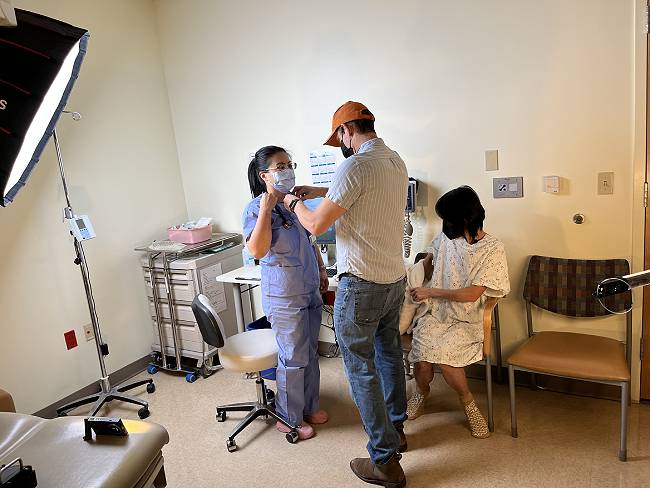
April 27, 2023
Inspiring students to pursue health care careers
Kaiser Permanente is confronting future health care staffing challenges …

April 26, 2023
Risant Health launches with Geisinger
New nonprofit accelerates value-based care with leading community-based …

April 25, 2023
Hannah Peters, MD, provides essential care to ‘Rosies’
When thousands of women industrial workers, often called “Rosies,” joined …

April 11, 2023
Collaboration is key to keeping people insured
With the COVID-19 public health emergency ending, states, community organization …

April 5, 2023
Housing help brings stability to patients’ lives
With medical-legal partnerships, we’re helping prevent evictions. Patients …
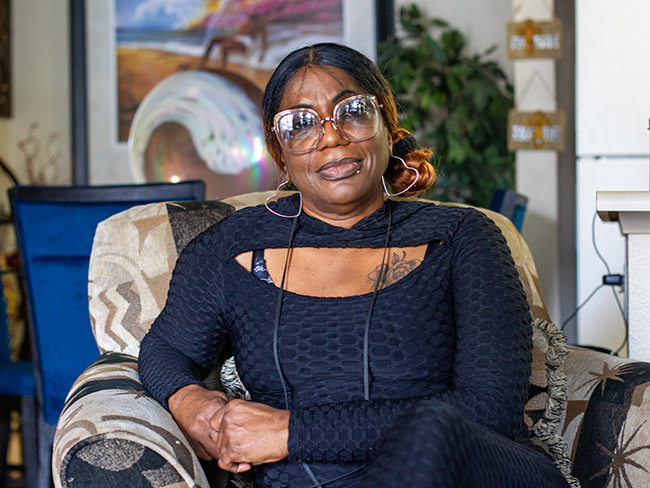
April 3, 2023
Hospital patients who are homeless connected to housing
A Kaiser Permanente program connects patients experiencing homelessness …

March 28, 2023
Sentenced to prison, not a life of bad health
Reentering society after serving time can land people in unhealthy situations. …

March 14, 2023
Named among World’s Most Ethical Companies for 5th time
Organizations that receive this recognition improve communities, build …

March 13, 2023
Making waves with our first female sports ambassador
Kaiser Permanente in Southern California partners with San Diego Wave Fútbol …

February 17, 2023
Good health starts in our communities: 2022 by the numbers
Kaiser Permanente supports total health in our communities in partnership …

January 17, 2023
Our excellent care extends to everyone
California’s Department of Health Care Services rates our Medi-Cal plans …

January 17, 2023
Lawmakers must act to boost telehealth and digital equity
Making key pandemic-era telehealth policies permanent and ensuring more …

November 14, 2022
It’s time to rethink health care quality measurement
To meaningfully improve health equity, we must shift our focus to outcomes …
November 11, 2022
Early leaders in equity and inclusion
Explore Kaiser Permanente’s commitment to equitable, culturally responsive …

November 11, 2022
High-quality, equitable care
We believe everyone has a right to good health.

November 9, 2022
Applauding California’s ban on flavored tobacco
Voters passed Proposition 31, allowing the law banning these addictive …

November 8, 2022
Protecting access to medical care for legal immigrants
A statement of support from Kaiser Permanente chair and CEO Greg A. Adams …

November 4, 2022
Kaiser Foundation Health Plan and Hospitals Q3 2022 financial update
The integrated health care organization remains steadfast in its mission …

September 14, 2022
Rent reporting can help millions build credit and thrive
A good credit score can make it easier to buy a home, pay for school, or …

September 13, 2022
Creating tobacco-free communities
Kaiser Permanente backs national efforts to ban flavored tobacco.

August 16, 2022
Our support for the Inflation Reduction Act
A statement from chair and chief executive Greg A. Adams on the importance …

August 5, 2022
Kaiser Foundation Health Plan and Hospitals Q2 2022 financials
The integrated health care organization continued its mission to provide …

July 19, 2022
Connecting people to financial coaching
Debt, bad credit, and other money matters can affect a person’s physical …

June 16, 2022
Leadership and innovation to prevent gun injuries and deaths
Kaiser Permanente’s new Center for Gun Violence Research and Education …

May 27, 2022
Grants help AAPI communities and businesses
Kaiser Permanente is working with community organizations and businesses …

May 6, 2022
Kaiser Foundation Health Plan and Hospitals Q1 2022 financial update
The organization delivered on its mission of high-quality, affordable care …

May 4, 2022
Donated supplies keep community organizations pandemic-ready
We donated over $28 million worth of face masks, hand sanitizer, and other …

March 22, 2022
Our commitment to equity and our LGBTQIA+ communities
A statement from chair and chief executive officer Greg A. Adams.

February 28, 2022
Private investments in housing are critical — and not enough
Public policy changes and private investments together are needed to end …

February 21, 2022
A best place to work for LGBTQ+ equality
Human Rights Campaign Foundation gives Kaiser Permanente another perfect …
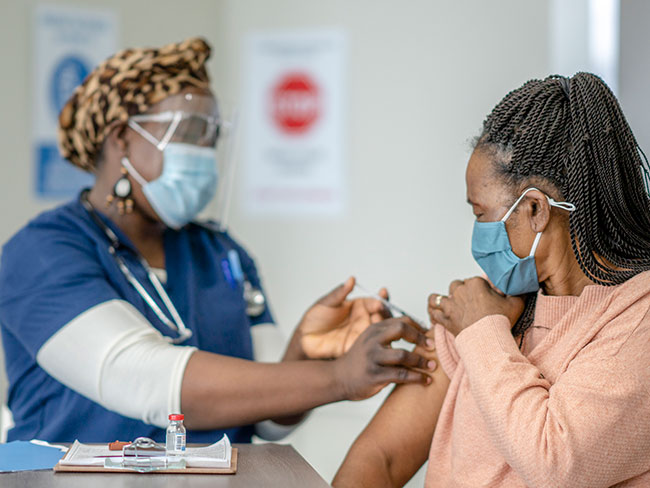
December 6, 2021
Faith leaders use trusted voices to encourage vaccination
Grants expand support for faith-based organizations working to protect …
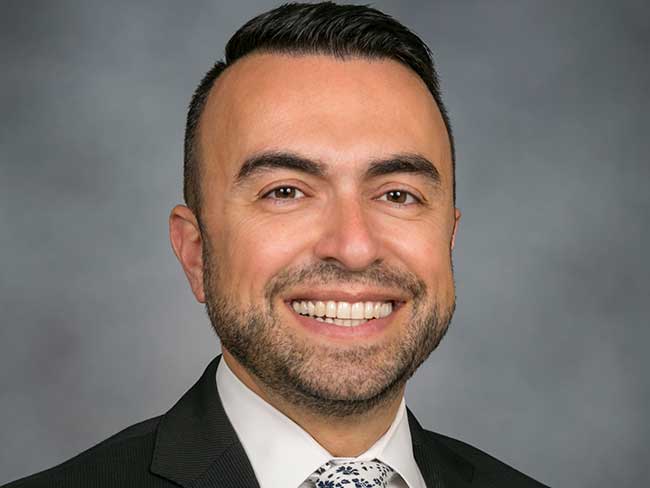
November 30, 2021
Bechara Choucair, MD, returns as chief health officer
After serving on the White House COVID-19 response team, Bechara Choucair, …

November 5, 2021
Kaiser Foundation Health Plan and Hospitals Q3 2021 financial update
Kaiser Permanente’s integrated health care organization maintains care …

October 1, 2021
Our support of California’s student vaccination requirement
A statement from Kaiser Permanente chair and chief executive officer Greg …
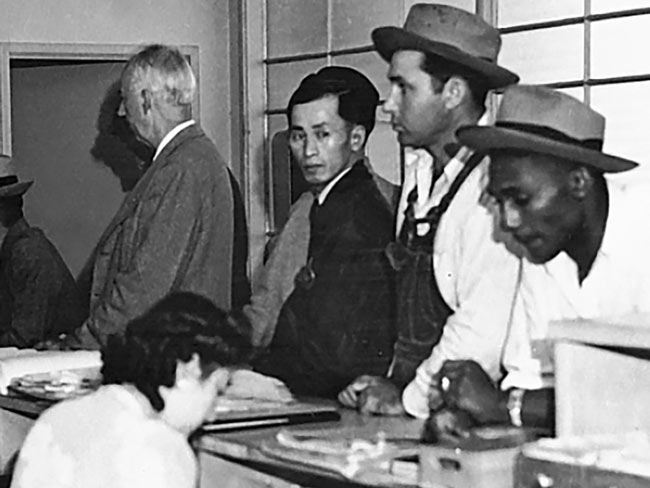
August 25, 2021
Kaiser Permanente’s history of nondiscrimination
Our principles of diversity and our inclusive care began during World War …

August 19, 2021
Supporting small businesses owned by people of color
Kaiser Permanente’s partnership with Local Initiatives Support Corporation, …

August 6, 2021
Kaiser Foundation Health Plan and Hospitals Q2 2021 financial update
The nation’s leading integrated health care organization continues its …
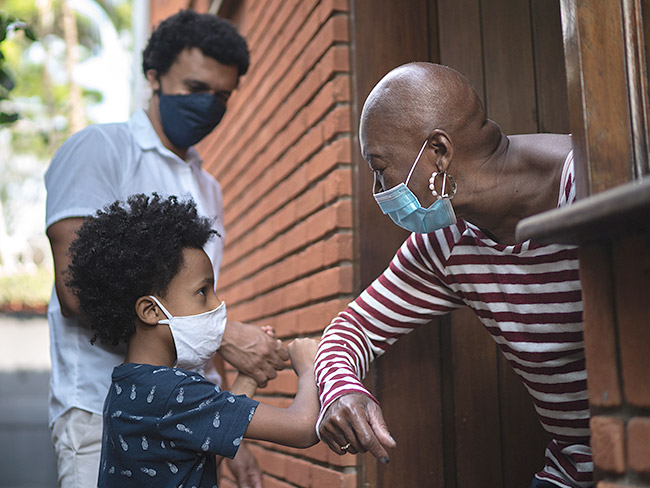
July 7, 2021
Achieving health equity
Equal medical care is not enough to end disparities in health outcomes.

June 2, 2021
Path to employment: Black workers in Kaiser shipyards
Kaiser Permanente, Henry J. Kaiser’s sole remaining institutional legacy, …

May 24, 2021
Supporting access to telehealth for vulnerable populations
Kaiser Permanente grants help fund community organizations working to expand …

April 30, 2021
Our support for banning menthol cigarettes, flavored cigars
Kaiser Permanente applauds the Food and Drug Administration’s commitment …
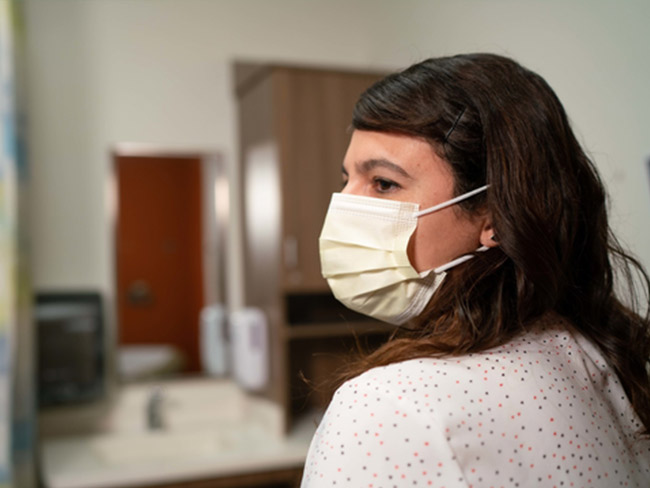
April 28, 2021
COVID-19 outcomes are more severe for people of color
Kaiser Permanente research underscores the importance of culturally appropriate …
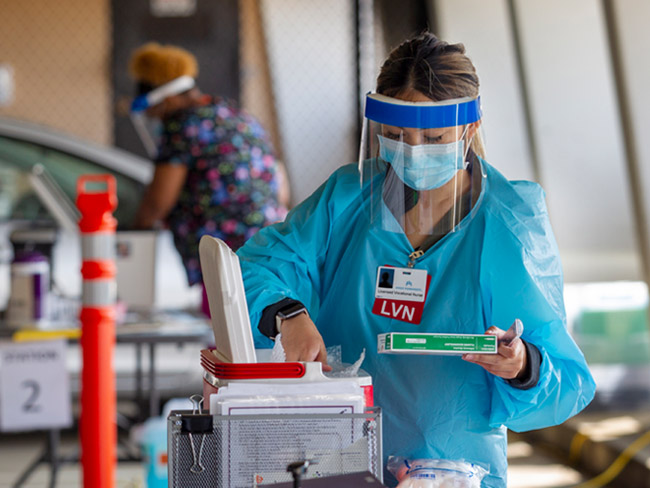
March 23, 2021
Vaccine Equity Toolkit will help address equitable access
As vaccines bring hope to end the pandemic, Kaiser Permanente’s toolkit …

November 6, 2020
Kaiser Foundation Health Plan and Hospitals Q3 2020 financial update
The country’s largest integrated health care system remains committed to …

October 7, 2020
Advancing health equity in education and the workplace
Kaiser Permanente supports California measure allowing universities and …

August 12, 2020
Grants support community health in midst of COVID-19
Kaiser Permanente pledges more than $28 million in grants, many to address …

August 7, 2020
Kaiser Foundation Health Plan and Hospitals Q2 2020 financial update
Kaiser Permanente’s integrated health care system continues to provide …

June 15, 2020
Celebrating workplace equality
Kaiser Permanente applauds Supreme Court decision to protect gay and transgender …

May 8, 2020
Kaiser Foundation Health Plan and Hospitals Q1 2020 financial update
Kaiser Permanente continues to focus on care delivery and maintaining and …
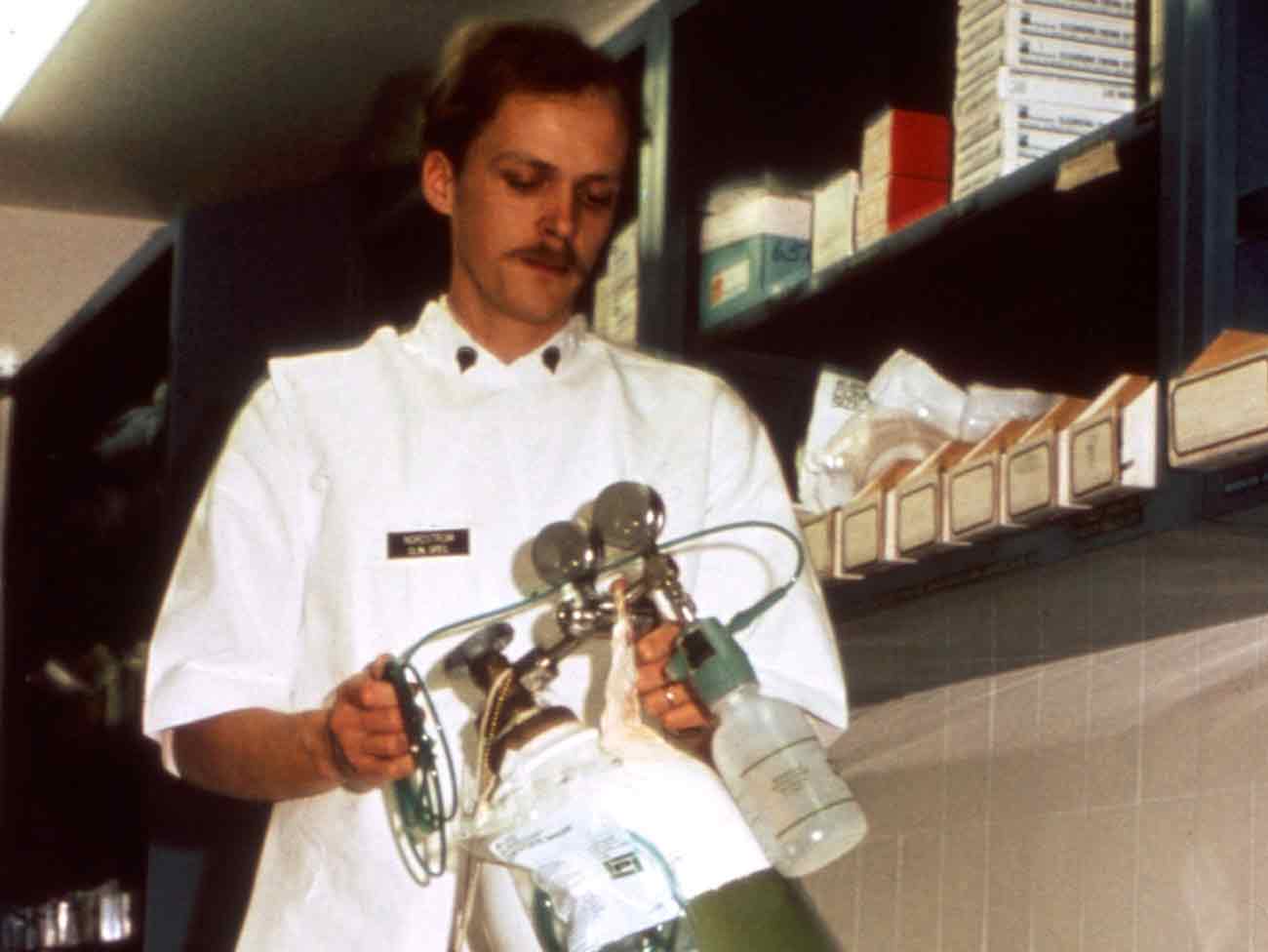
November 8, 2019
Swords into stethoscopes — veterans in health professions
Kaiser Permanente has actively hired veterans in all capacities since World …

August 28, 2019
When labor and management work side by side
From war-era labor-management committees to today’s unit-based teams, cooperatio …